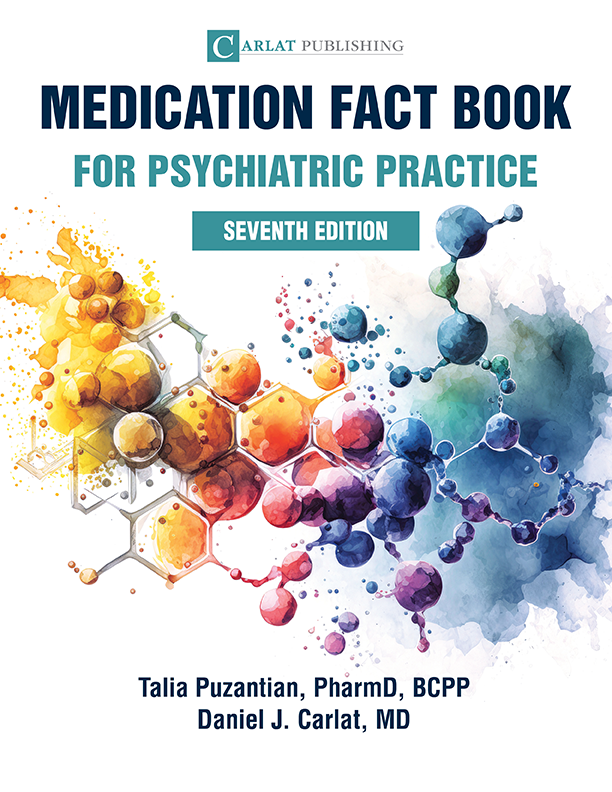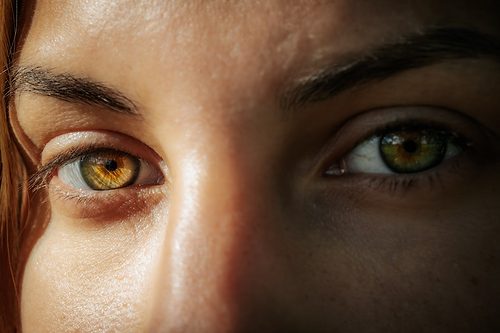General Psychiatry
Understanding the STEP-BD Study
Gary S. Sachs, MD
Associate Professor of Psychiatry, Harvard Medical School
Director, Bipolar Clinic and Research Program, Massachusetts General Hospital, Boston, Massachusetts
Dr. Sachs has disclosed that he is the recipient of research grants from Abbott, GlaxoSmithKline, Janssen, Repligen, Pfizer, and Wyeth; is a consultant for Abbott, AstraZeneca, Bristol-Myers Squibb, GlaxoSmithKline, Eli Lilly, Janssen, JDS, Memory, Repligen, Pfizer, Solvay, and Wyeth; and is a member of the speakers bureaus of Abbott, AstraZeneca, Bristol-Myers Squibb, GlaxoSmithKline, and Eli Lilly. The editors of The Carlat Psychiatry Report have reviewed the content of Dr. Goddard’s interview and have resolved any financial conflicts of interest regarding this educational activity. The author has disclosed that inositol has not been approved by the U.S. Food and Drug Administration for use in the treatment of bipolar disorder.
Read More
History of Neurotransmitters in Psychiatry
Samuel H. Barondes, MD
Jeanne and Sanford Robertson Professor of Psychiatry
Director of the Center for Neurobiology and Psychiatry
University of California, San Francisco School of Medicine
Author, Molecules and Mental Illness, Mood Genes, and Better Than Prozac
Dr. Barondes has disclosed that he has no significant relationships with or financial interests in any commercial companies pertaining to this educational activity.
Read More

_-The-Breakthrough-Antipsychotic-That-Could-Change-Everything.jpg?1729528747)



